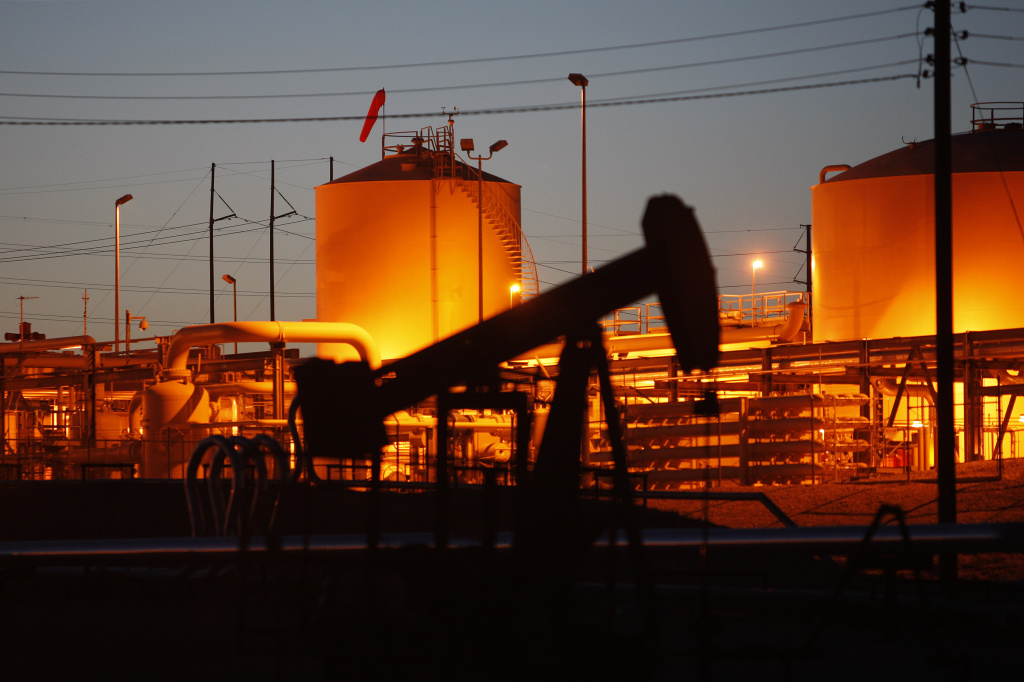Accounting Treatment in the Oil & Gas Industry“Make your team feel respected, empowered and genuinely excited about the company’s mission.” As an Accountant in the Oil and Gas industry, you may spend a great deal of time analyzing accounting data, reconciling general ledger accounts and trying your hardest to listen very close in meetings as you try to figure out the many acronyms that are flying around in converstations. I'm here to encourage you to not be afraid to ask those questions. The way I see it, the more you know about your role the bigger the contribution is to the team. The process in which production cost is incurred generally ties back to the maintenance or opportunity to increase production activities on a well. After a well has been completed, and flow lines, heater treaters, separators, storage tanks, etc., have been installed, production activities begin. If you are an accounting professional presently working within the industry all of the production expenses are key to cost control for producers and operators. Production activities involve lifting the oil and gas to the surface and then gathering, treating, processing, and storing the oil and gas. Production cost is defined as those cost incurred to operate and maintain an enterprise's wells and related equipment and facilities, including depreciation and applicable operating costs of support equipment and facilities and other cost of operating and maintaining those wells and related equipment and facilities. They become part of the cost of oil and gas produced. The accounting role you are in today speaks volumes because your skills and knowledge matters for many reasons. What remains important in an accounting role, undeniably, starts with understanding your industry and this process is generally a hands on learning curve? But this learning curve should not keep the accountant from showing initiative and inquiring from management when an assigned task is unclear. Production cost has it's challenges because the accountant must be aware of how cost is attributable to wells, directly or allocated. Here are some examples of production-related cost and how cost are assigned: Directly Attributable Costs:
These examples are just a few of what an accountant must consider in their roles each day. When investing in companies involved in the exploration and development of oil and natural gas reserves, company analysis should include recognizing which accounting method a company follows. The development of extensive policies and procedures can support the professional accountants and managerial team with monthly responsibilities and meeting company expectations. Source: Fundamentals of Oil and Gas Accounting
0 Comments
Leave a Reply. |
Archives
July 2022
Categories
All
AuthorMy mission is to offer the best accounting and operations solutions and tips for entrepreneurs and small to mid-size companies worldwide seeking to close their process gaps with actual solutions. |
We Work to Provide Unique Solutions"Our team of innovative professionals use their knowledge and experience to set your business and team of professionals up for success. Our extensive accounting and operations skills are a start and key tools to company growth, building team cohesiveness, establishing clear purpose and goals, and improving process inefficiencies. Our services are key to businesses of all sizes. We handle providing the detail framework to your business so that you may focus on building your business. |
Contact UsSTAY CONNECTEDNEWS & TIPS IN YOUR INBOX
|


 RSS Feed
RSS Feed